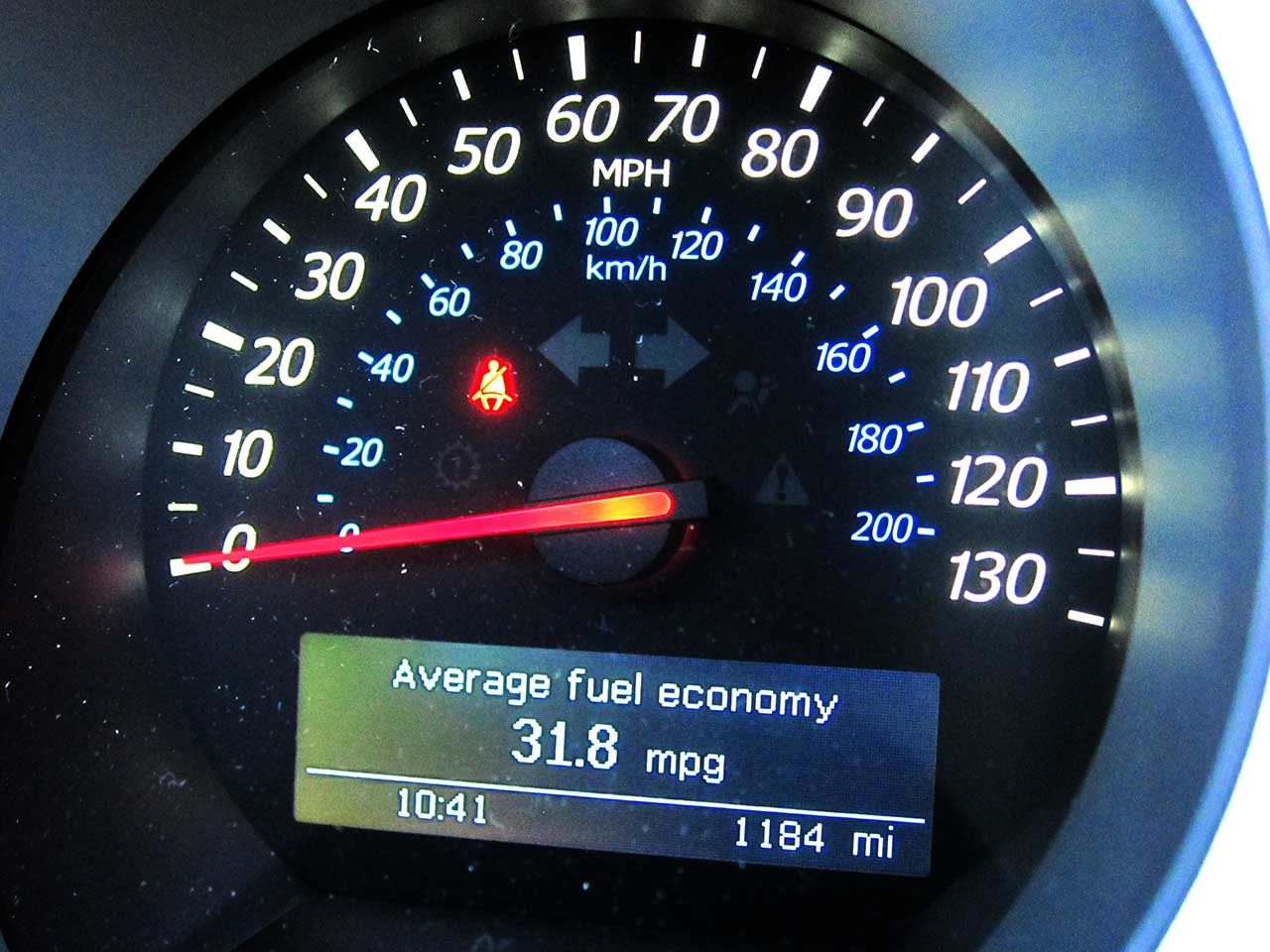1 Buy new for choice and safety
Buying a new car gives you freedom of choice, because you can specify exactly the car you want. And you minimise risk, because you're buying a car with no wear and a comprehensive warranty. It's not a cheap option, but it's the way to go if you want a car to be tailored perfectly to you, and if peace of mind and convenience means more to you than the money.
2 Buy used for value, but with risks attached
A used car will you save money in the short term, but you have to buy with care to avoid it costing you more in the long run. Buy used and you are buying into older technology, which tends to mean greater fuel consumption and greater CO2 emissions - and that means a car that costs more to run. You might also have to shell out more in servicing and repairs as a car gets older. So you need to weigh up the potential running costs against the lower purchase price.
3 Don’t get too fixated on road tax
Road tax can cost hundreds of pounds a year for large-engined cars, but for most cars the difference between one and another is small. So don't over-react to ads or salesmen making a big thing about £0 road tax for low-emission cars – it shouldn’t be a major factor in a buying decision, because it's not going to be a major expense over the life of the car.
4 Be careful with mpg figures
Fuel consumption tests haven’t yet caught up with new technology vehicles like hybrids, particularly plug-in hybrids which are partly powered by grid electricity. So sometimes the mpg figures quoted for these cars can be misleading, making them seem more economical than they actually are. In addition, many cars which record very high mpg figures in official tests tend to deliver much lower figures in real-world motoring.
5 Think carefully before you choose a diesel
They’re economical, but diesels cost more to buy than petrols and the fuel they use costs more per litre. As a result, you may not end up saving any money unless you drive lots of miles a year.
6 Shop around
Don't imagine that every dealer will give you the same deal. Visit another dealer up the road and they might give you bigger discount, or a better trade-in price on your old car.
7 Don’t be pressurised
Never sign on the dotted line because you're under pressure. The classic salesman's trick is to make you think you're being offered an amazing once-only deal, which might disappear if you don't make an instant decision. For instance, you might say you will go away and think about the deal that's on offer - and the salesman will counter by telling you he's already had someone else interested in that car and it may sell at any moment. Ignore such ploys: make a decision in your own time, on your own terms. If you do miss out don't worry: there’s always another good deal round the corner.
8 Consider the old model
Superceded models can be good value. As soon as a new car is launched – such as the new-generation Honda CR-V that goes on sale in October, or the new Range Rover which will be launched at the Paris show later this month – prices of the old-generation cars tend to tumble. That can make them a good deal.
9 Take expert advice
There are lots of places you can get good advice on buying a new or used car, without being baffled by lots of car jargon. Try these:
andrewnoakes.com: 50 used car checks you can do
10 Drive the car
The most common mistake car buyers make is not to drive the car before they buy. And don't just take it for a spin round the block to be polite to the salesman. You're making a big financial investment, and if you buy a car that doesn't do what you need it will be an expensive mistake. Think about what you use you car for, then ask yourself if this new car will do that job well. If the salesman won't give you the time you need to make that decision, find another one somewhere else: there's always someone keen for your business.
